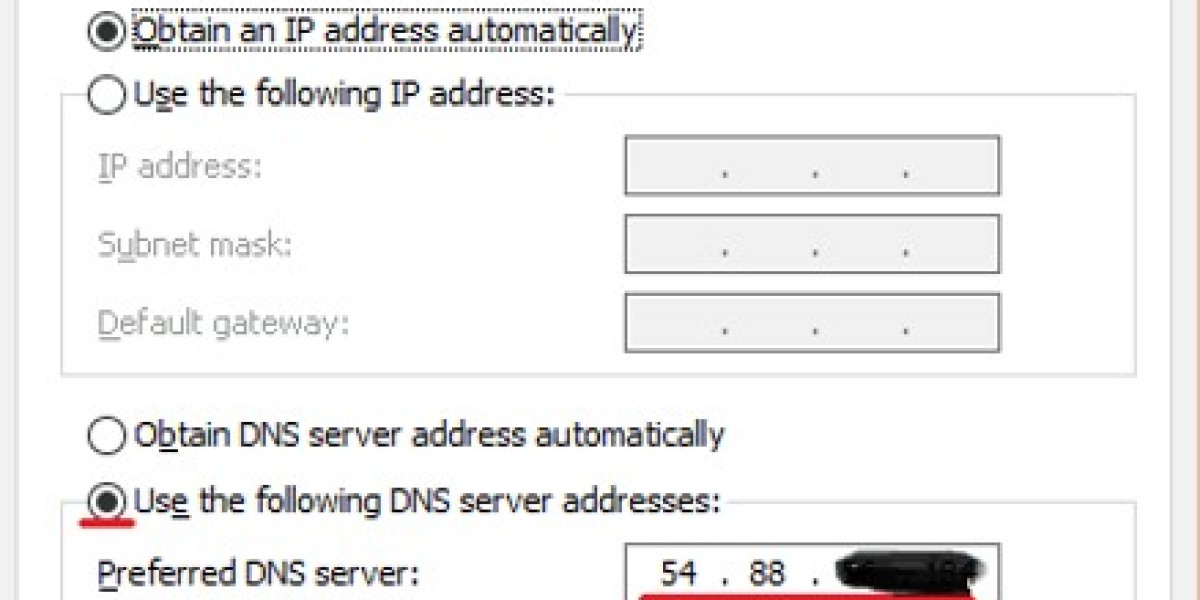Writing a history essay can often seem like a daunting task. It requires not only a comprehensive understanding of the historical event or period you are addressing but also the ability to analyze and interpret complex information. To create a strong and compelling history essay, one must be adept at conducting thorough research, presenting balanced arguments, and structuring ideas cohesively.
Let’s delve into some key strategies to enhance your skills in history essay writing and make your work stand out.
The Importance of Expert Guidance in History Essay Writing
For students seeking additional support, utilizing a reliable service can make all the difference. Platforms like history essay writing service-myassignmenthelp.com are designed to provide expert guidance, helping students refine their research and writing techniques. Whether you struggle with understanding intricate historical contexts or organizing your ideas effectively, expert assistance can simplify the process and ensure your essays meet academic standards.
Such services cater to diverse academic needs, offering customized solutions tailored to your essay topic. By leveraging expert insights, you can develop a deeper understanding of historical events while enhancing your analytical skills, resulting in more impactful essays.
Practical Tips for Crafting Outstanding History Essays
Understand the Question
Carefully read the essay prompt and identify its key components. Is it asking you to argue a point, explain a phenomenon, or analyze an event? Knowing what is required will help you stay focused.Conduct Thorough Research
Access a wide range of credible sources, including books, journals, and historical archives. Taking detailed notes and organizing them by theme can streamline your writing process.Create a Strong Thesis Statement
Your thesis should encapsulate your central argument and guide the direction of your essay. A clear and concise thesis will make your essay more persuasive and cohesive.Develop a Structured Outline
Divide your essay into an introduction, body paragraphs, and a conclusion. Each section should flow logically and support your thesis effectively.Use Evidence to Support Your Arguments
Incorporate evidence such as quotes, statistics, and historical documents to substantiate your points. Ensure all sources are appropriately cited to avoid plagiarism.Revise and Edit Thoroughly
After completing your first draft, take time to review and refine your essay. Look for clarity, grammatical accuracy, and logical progression.
Conclusion
Mastering history essay writing requires dedication, critical thinking, and a willingness to learn from feedback. Whether you’re tackling a complex historical debate or narrating a detailed account of past events, following a systematic approach will enhance your skills over time. And if you ever feel stuck, remember that expert assistance is always within reach to guide you toward academic success.



